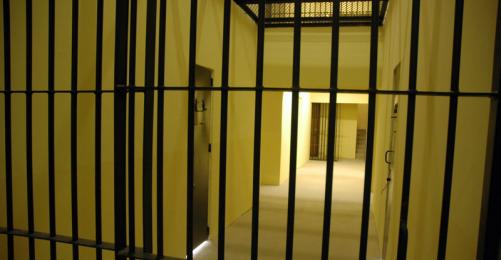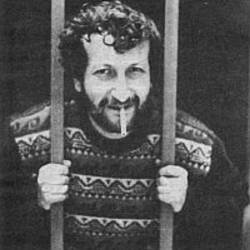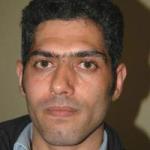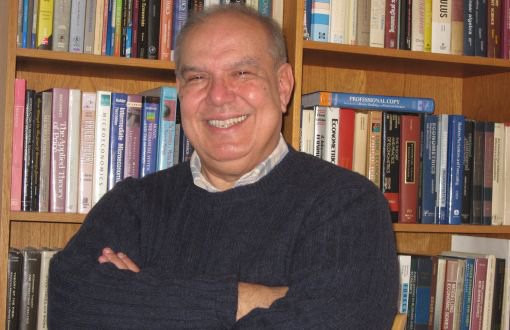As reported by lawyer Hülya Üçpınar, the 20-day isolation punishment of conscientious objector İnan Süver started on Monday (23 May). Süver is detained in the E Type Prison of Manisa (western Turkey). He received a 20-day isolation punishment after a short escape from prison in April and upon his insistence on a hunger strike.
"I did not commit a Crime. Why am I in prison?"
İnan Süver had briefly interrupted his hunger strike on 12 May. However, he resumed his drastic protest on 16 May, saying, "I did not commit any crime. Why am I in prison?" In a statement made to bianet, his lawyer Üçpınar confirmed that the 20-day isolation punishment started on 23 May. Süver is under observation because of the hunger strike, she reported.
"I am in permanent touch with the prison officials. They say that they kept record of İnan's actions and that there is nothing they can do. [...] İnan Süver has no problems with the prison administration. He just says that he did not commit any crime and that he does not understand why he is being incarcerated. Therefore, he continues his hunger strike", Üçpınar announced.
Decision for isolation punishment
The decision for Süver's isolation punishment was given by the Aegean Army Command Military Court. The decree mentioned that Süver was taken to the Saruhanlı State Hospital for medical treatment on 21 April 2011 from where he escaped. He was arrested in Izmir shortly after.
The court decision also includes the statement given by Süver after he was transferred to the Manisa E Type Prison on 2 May.
Accordingly, Süver apparently stated that he was sentenced for desertion but that he did not accept the charges and expressed his protest against the execution of the punishment.
He gave this as the reason for his escape and said he would do it again when he got the chance. Süver said that he escaped from his unit several times because he did not want to do his military service. He noted that he believed he was punished much higher because he demanded his right to conscientious objection.
Süver claimed that he was maltreated between 2003 and 2006 when he escaped from the military and from prison. He also drew attention to financial and emotional distress and problems because of a ten-year period of problems with the military.
According to the decision, Süver had declared that he lost his confidence, commitment and faith in the government and that he did not recognize the military criminal laws. (EKN/VK)














.jpg)


